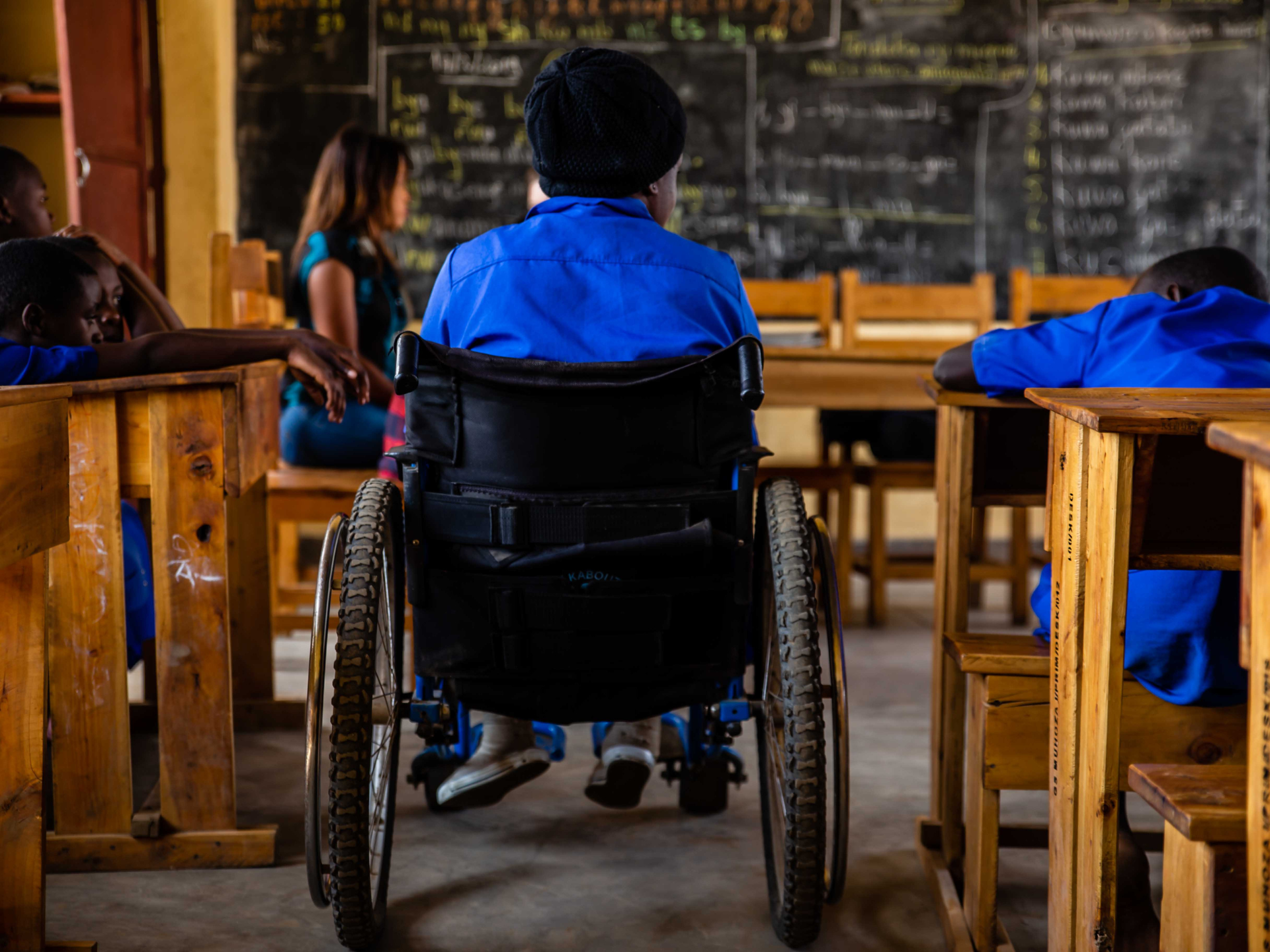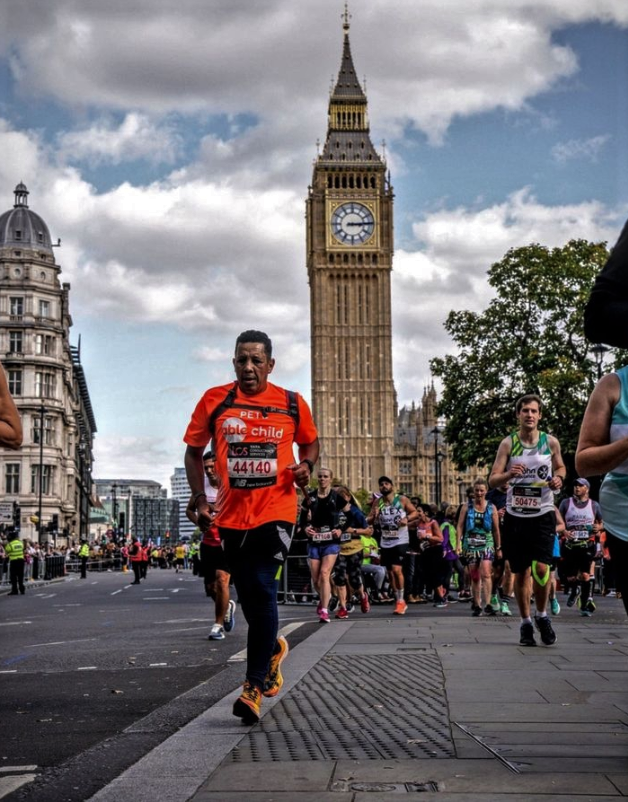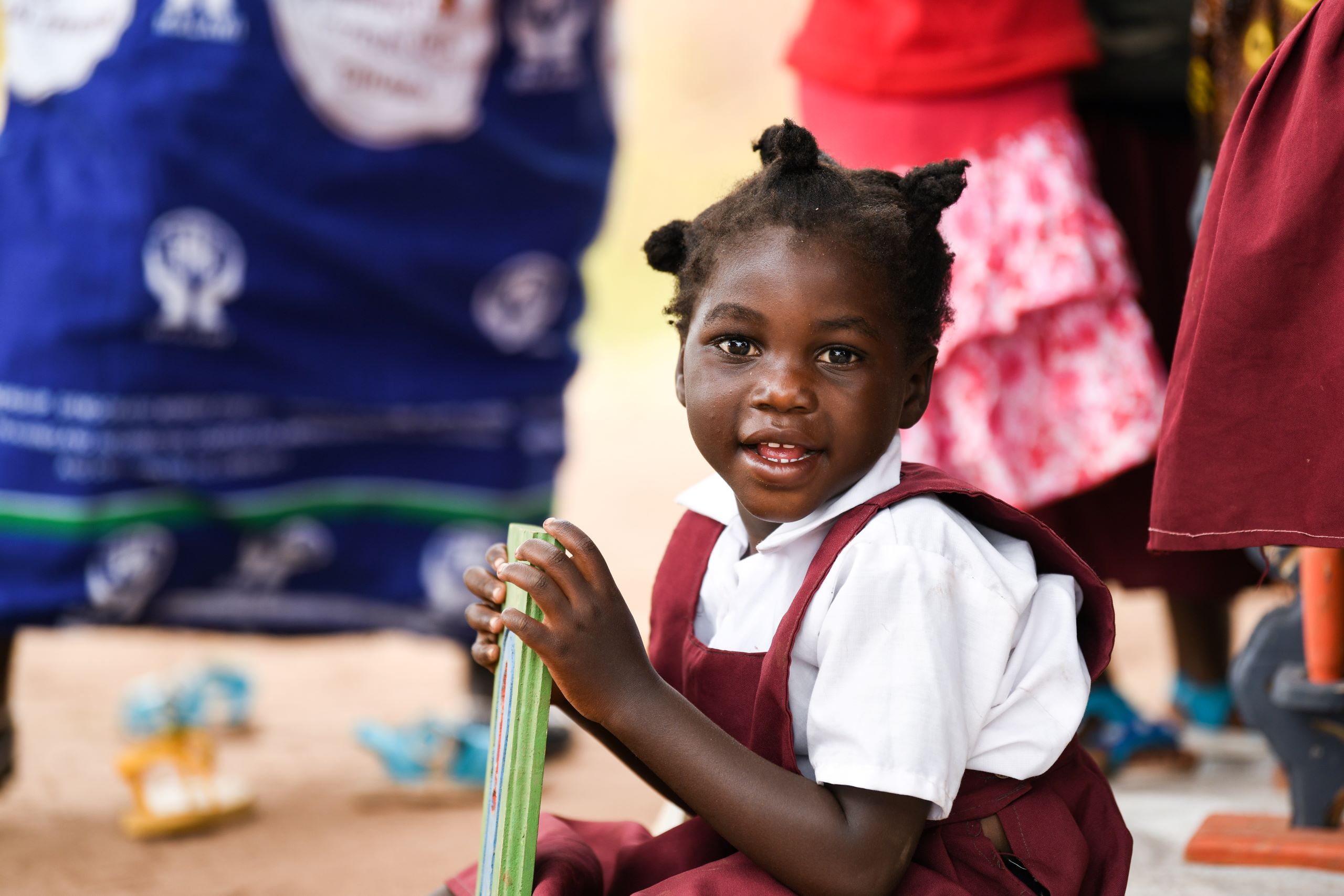Maria Njeri is a global diversity and inclusion expert from Kenya.
Maria is the Founder of the Njeri Maria Foundation, which primarily aims to advance the lives of children and adults with cerebral palsy. She has written a blog alongside the launch of our new Disability-inclusive child safeguarding guidelines
As a girl with cerebral palsy in Kenya, growing up was challenging. However, one of the most important things to me was feeling safe and protected. Safety and protection are derived from the value and worth placed on children by cultural and societal perceptions and beliefs. Unfortunately, stigma and discrimination play a major role in diminishing the worth of a child with disabilities. Many children with disabilities do not think or believe that they have the same rights as other children. Many communities and institutions do not believe that children with disabilities are of significant value or can make a positive contribution.
It is of no surprise that communities and institutions are unaware of how to keep children with disabilities safe, and so they are leaving them behind. Still, children with disabilities have a fundamental right to be shielded in all circumstances. As such, safeguarding children with disabilities is not just about compliance with donors, processes or systems and is not just about delivering good programming, it is fundamentally about compliance with international human rights law.
Able Child Africa and Save the Children International have developed practical guidelines to help make sure that children with disabilities are safe in various developmental contexts. The guidance explores several approaches which are critical in safeguarding children with disabilities. They provide guidance on tackling perceived barriers and dispelling myths or misconceptions that fuel stigmatisation and put children with disabilities at risk. They seek to offer potential solutions and establish a common understanding for key stakeholders on how to design safe programmes for children with disabilities.
Safeguarding children with disabilities will in turn benefit all children as it takes into consideration all individual preferences, needs and abilities. The development and humanitarian sector as well as the disability rights movement demands “Nothing about Us without Us”, which calls for adults and children with disabilities to be proactively included in leadership and intentionally involved in all things that concern them. This is true also when we talk about disability-inclusive child safeguarding systems and is fundamentally what the guidelines seek to achieve.
We cannot afford not to focus on disability-inclusive child safeguarding. Children with disabilities deserve to feel safe in every aspect of their lives. The implementation of disability-inclusive child safeguarding guidelines is not an optional add-on. It is a must for communities and organisations to ensure this. It is our collective responsibility towards fulfilling the promise of leaving no child behind.








